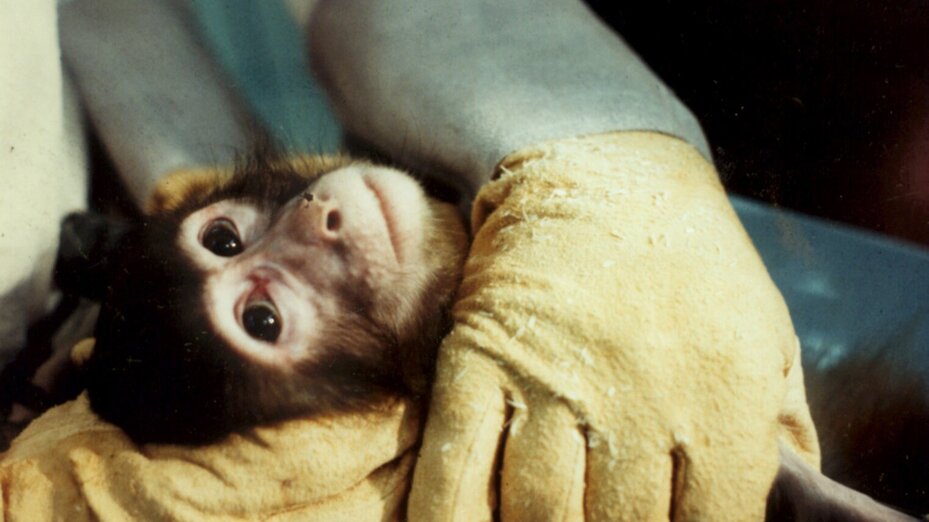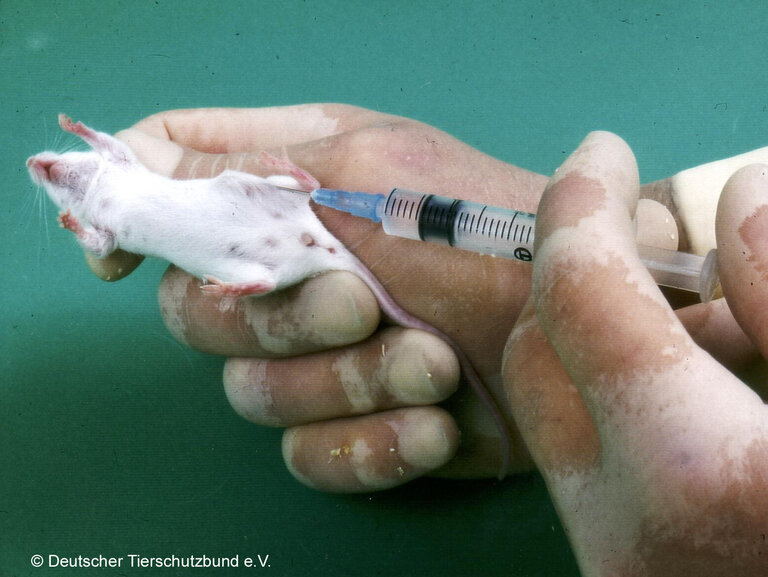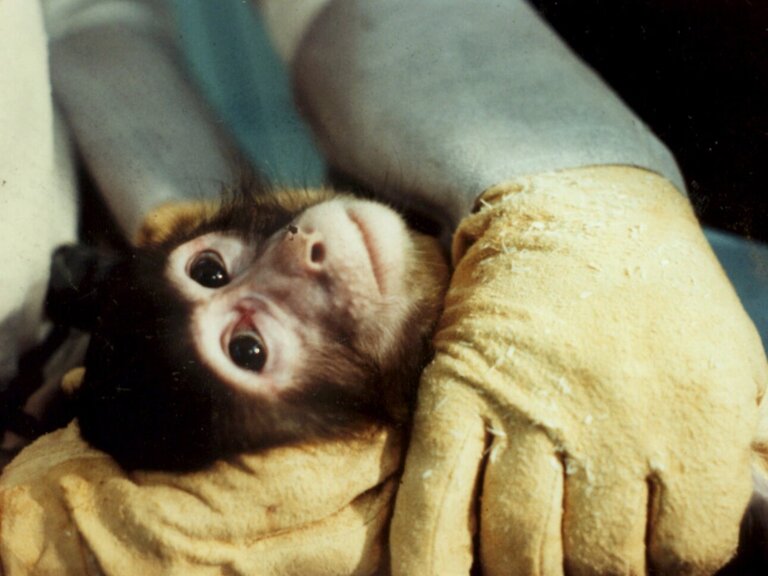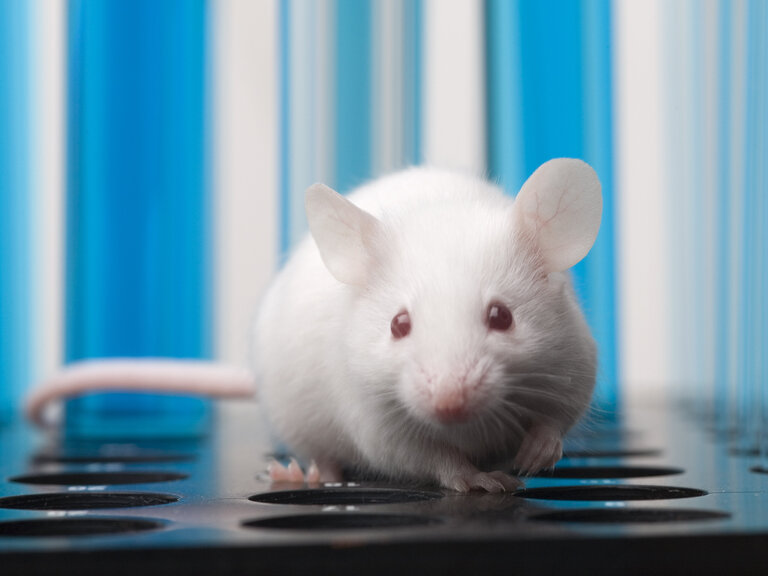The Bremen Administrative Court has ruled that neurobiologist Prof. Andreas Kreiter may continue his experiments on macaques at the University of Bremen for the time being. At the end of 2023, the responsible Bremen senator had rejected Kreiter's application for approval to continue his experiments. The neurobiologist then lodged an appeal. Thomas Schröder, President of the German Animal Welfare Federation, comments:
"The Administrative Court's decision is an absolute scandal! It was not without reason that the senator decided in favor of the animals. Scientific reports that prove a high level of stress for the animals and question the benefit of the experiments are thus simply swept off the table by the Administrative Court. The assertion that the stress caused to the animals by the experiments is at most moderate is in no way comprehensible and also contradicts the further decision that the Administrative Court restricts the use of new laboratory animals to non-invasive measures. The court's decision suggests that the applicable animal welfare legislation and the decisions of the approval authorities can be circumvented by the influence of researchers. This is a completely wrong signal - also at federal level and contradicts the national objective of animal welfare as well as the EU's goals of phasing out animal experiments in the long term. This makes it all the more urgent to finally come up with a clear nationwide concept on how to successfully phase out animal testing. We also call on Senator Claudia Bernhard to make a prompt and final decision on Kroeter's objection in the interests of the animals!"
Brigitte Wohner-Mäurer, Chairwoman of the Bremen Animal Welfare Federation, adds:
"Thousands of Bremen citizens and the Bremen Senate have been declaring their rejection of monkey experiments and their will to withdraw from the experiments for years. They have made it clear that cruel experiments on monkeys are no longer desirable in our city. Nevertheless, we have repeatedly suffered one bitter setback after another. However, this will not stop us from continuing to take action against monkey experiments in Bremen in the future."
Background: Brain experiments have been carried out on monkeys at the University of Bremen since 1998. The animals sit in narrow Plexiglas boxes, the so-called primate chairs, and have to solve tasks on a computer screen. To do this, the top of their skulls are opened in an operation and a holding pin is cemented into the skull bone. During the experiments, the monkeys' heads are bolted to this so that they cannot move them. Measuring electrodes, which are surgically inserted into the brain, register the brain waves. The animals not only have to endure the pain caused by the interventions: to force them to cooperate, they are also made to thirst and are only given drops of liquid if they solve their tasks correctly. During the experiments, the monkeys spend up to six hours a day restrained in the box. The animals only take part in the experiments for as long as they are thirsty enough. The monkeys have to endure these monotonous tasks day after day for years. Afterwards, the animals are killed and their brains are examined.








